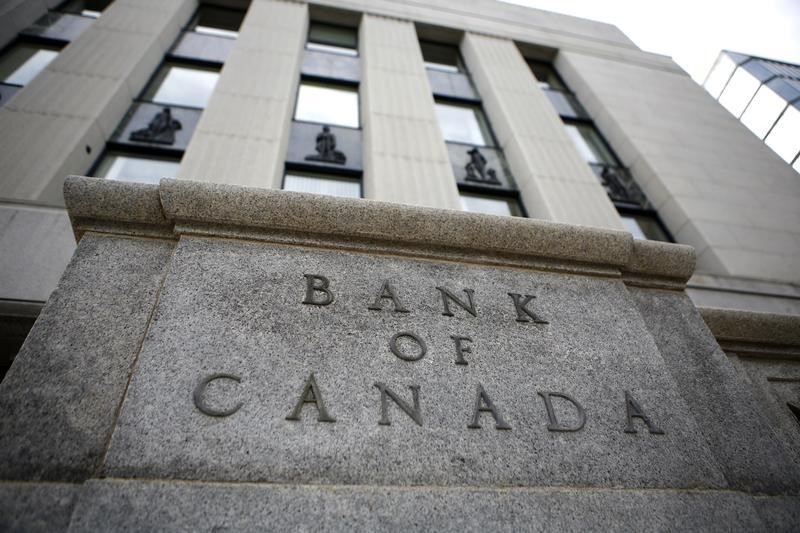By Julie Gordon
OTTAWA, April 15 (Reuters) - Canada's weak energy sector, a housing slowdown and global trade tensions are weighing on business sentiment, which has turned slightly negative, according to a Bank of Canada quarterly survey released on Monday.
The report said business sentiment had softened from a strongly positive reading in the last survey, reinforcing expectations the central bank will remain on the sidelines when it issues its next interest rate decision on April 24.
The survey, which took place between Feb. 19 and March 13, found that the pace of sales growth had moderated over the last 12 months, but that Canadian firms still expect it to be "marginally faster" over the next year.
And most firms expect the elevated capacity pressures, particularly labor shortages, that have marked recent quarters to ease due to recent or planned hiring and investment, along with softer demand.
"The Canadian economy doesn't have much of a spring in its step given the lackluster readings," Avery Shenfeld, chief economist with CIBC Capital Markets, said in a note to clients.
"Firms still expect to spend more on capital equipment and add workers, but ... by somewhat smaller margins than earlier," he added.
The Canadian dollar CAD= turned lower after the release of the survey, touching 1.3390 to the U.S. dollar.
Of the companies surveyed, 40 percent expect sales growth to increase at a greater rate over the coming 12 months, and 34 percent predicted a lesser pace of sales growth. While positive, the level of expected sales growth is below the historical average, the Bank of Canada said.
Canada's economic growth has slowed in recent months, as uncertainty about trade and a slowing global economy weighed on business investment even as employment gains surged.
The survey found that foreign headwinds were weighing on business sentiment, with firms' expectations of U.S. economic growth moderating from previously elevated levels.
Several firms cited the negative impacts from U.S. policy changes, including protectionist measures and competitiveness issues tied to U.S. tax cuts and regulatory differences. Still, sales prospects abroad remain positive.
Plans to increase investment and employment remained healthy in most regions, the Bank of Canada said, particularly in the services sector, with labor-related pressures expected to ease over the next 12 months.
"Many businesses intend to add staff to expand capacity or to meet expected increases in demand for their products," the central bank said.
Firms in the energy sector, mostly in the prairie provinces, cited weaker investment intentions due to uncertainty around pipeline construction and mandated output cuts.
Businesses surveyed said rising commodity prices and fading tariff-related cost pressures mean input and output price growth will stabilize.
Inflation expectations have declined, but are still within the Bank of Canada's 1 percent to 3 percent inflation-control range, it said. The majority of businesses anticipate inflation to be in the lower half of the range for the next two years.
